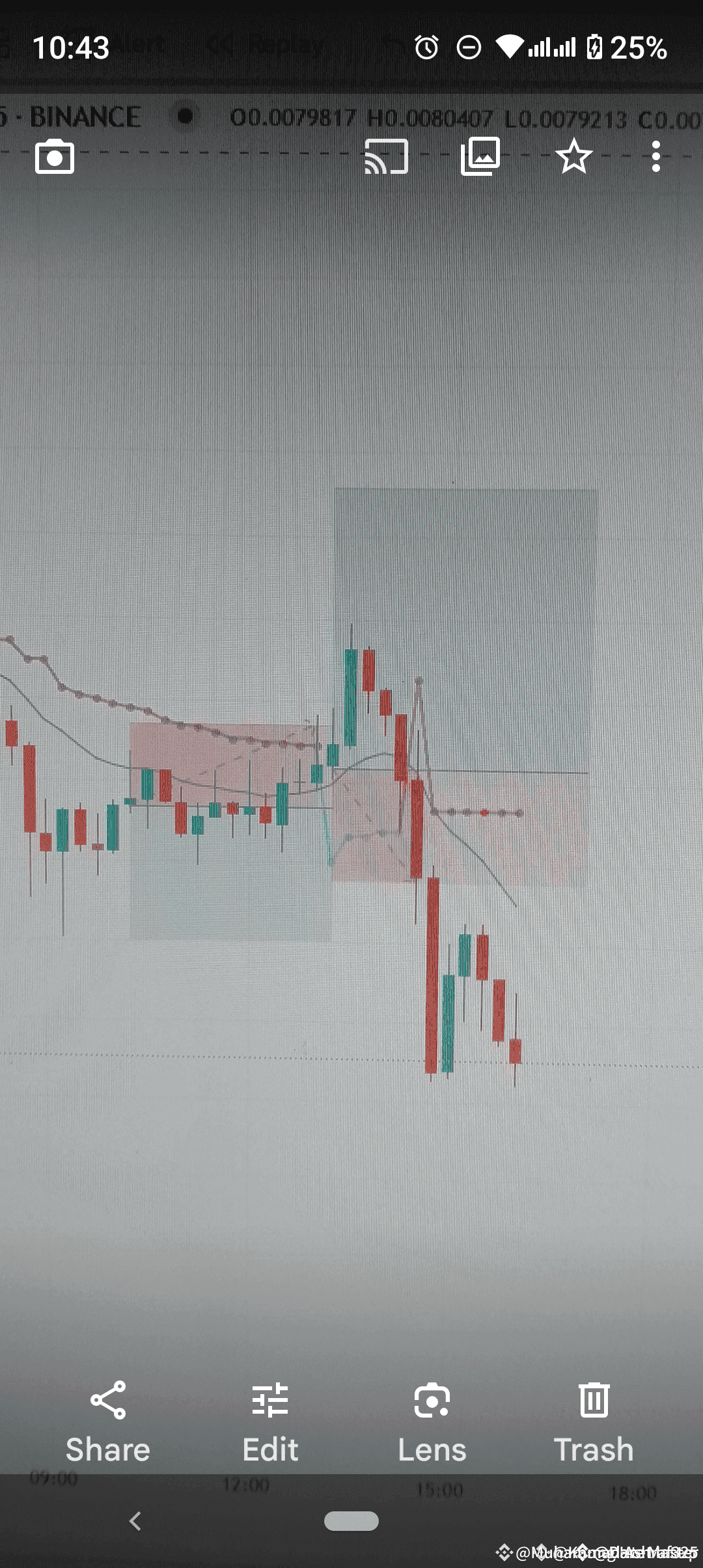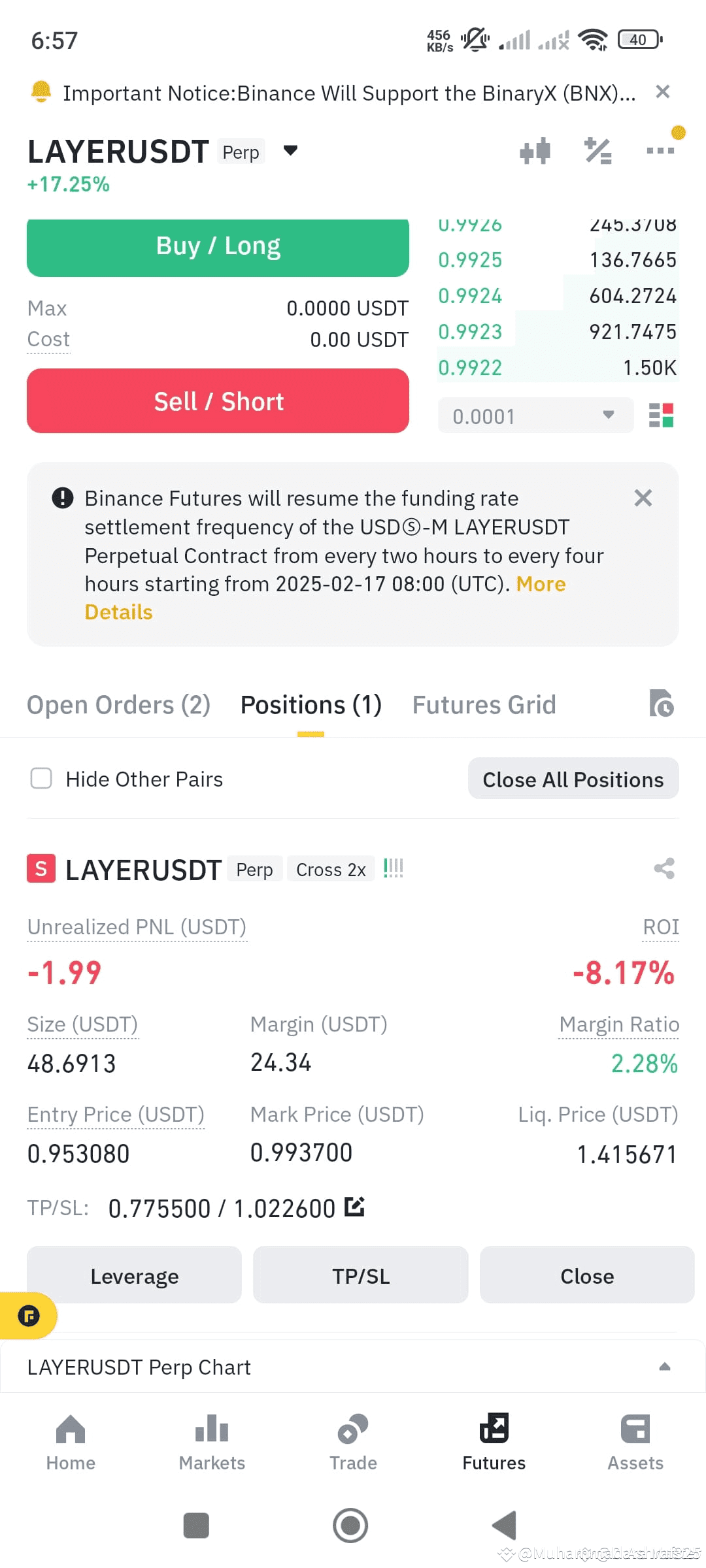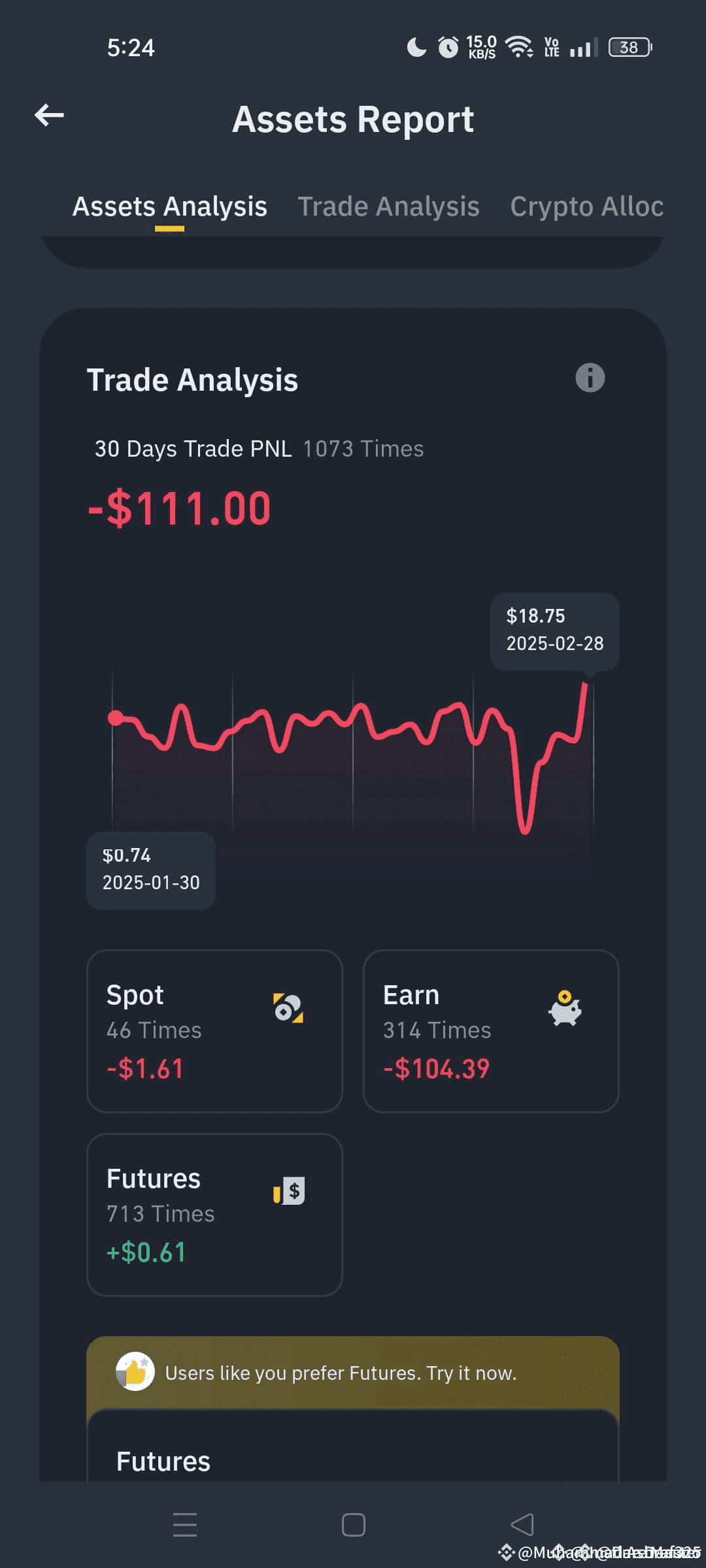The post you’ve shared highlights a common sentiment among retail traders who feel disillusioned by the financial markets. While some of the points raised are valid, it’s important to approach this topic with a balanced perspective. Let’s break it down:
### 1. **Why Do Most People Lose Money in Trading?**
- **Lack of Education and Experience**: Many retail traders enter the market without a solid understanding of how it works. Trading requires knowledge of technical analysis, risk management, and market psychology.
- **Emotional Decision-Making**: Fear and greed often drive retail traders to make poor decisions, such as panic selling or over-leveraging.
- **High Risk and Volatility**: Markets are inherently unpredictable, and even experienced traders face losses. Retail traders often underestimate the risks involved.
### 2. **Market Manipulation**
- **Whales and Institutional Investors**: Large investors (often called "whales") can influence market prices due to the sheer volume of their trades. This can create short-term price movements that work against retail traders.
- **Algorithmic Trading**: Big players often use sophisticated algorithms to execute trades at lightning speed, giving them an edge over retail traders.
### 3. **Trading Platforms and Brokers**
- **Conflicts of Interest**: Some trading platforms and brokers may have incentives that don’t align with their clients’ best interests. For example, they may profit from spreads, commissions, or even taking the opposite side of a trade (in the case of market makers).
- **Slippage and Latency**: Retail traders often face issues like slippage (getting a worse price than expected) and latency (delays in trade execution), which can eat into profits.
### 4. **Trading Gurus and Courses**
- **Misleading Promises**: Many so-called trading gurus promise quick riches but often make more money from selling courses than from actual trading.
- **Survivorship Bias**: Successful traders are often highlighted, while the majority who fail are ignored, creating a false perception of success.
### 5. **The Reality of Trading**
- **Not a Get-Rich-Quick Scheme**: Trading is a skill that takes years to master. The idea of making quick, easy money is often a myth.
- **Risk Management is Key**: Successful traders focus on preserving capital and managing risk rather than chasing huge profits.
### 6. **What Can You Do?**
- **Educate Yourself**: Invest time in learning about the markets, trading strategies, and risk management.
- **Start Small**: Begin with a small amount of capital that you can afford to lose. Treat trading as a learning experience rather than a way to make quick money.
- **Avoid Emotional Trading**: Stick to a trading plan and avoid making impulsive decisions based on emotions.
- **Be Skeptical**: Be cautious of anyone promising guaranteed returns or claiming to have a "secret" strategy.
### Conclusion:
While the financial markets can be challenging and sometimes unfair, they are not inherently a "scam." The key to success lies in education, discipline, and a realistic understanding of the risks involved. By approaching trading with the right mindset and tools, you can improve your chances of success and avoid falling into the traps mentioned in the post.
If you’ve had negative experiences with trading, it’s important to reflect on what went wrong and learn from those mistakes. Sharing your story can also help others avoid similar pitfalls.


#TrumpCongressSpeech #MarketRebound #USTariffs $BNB $ETH #BBWDocuSeries



